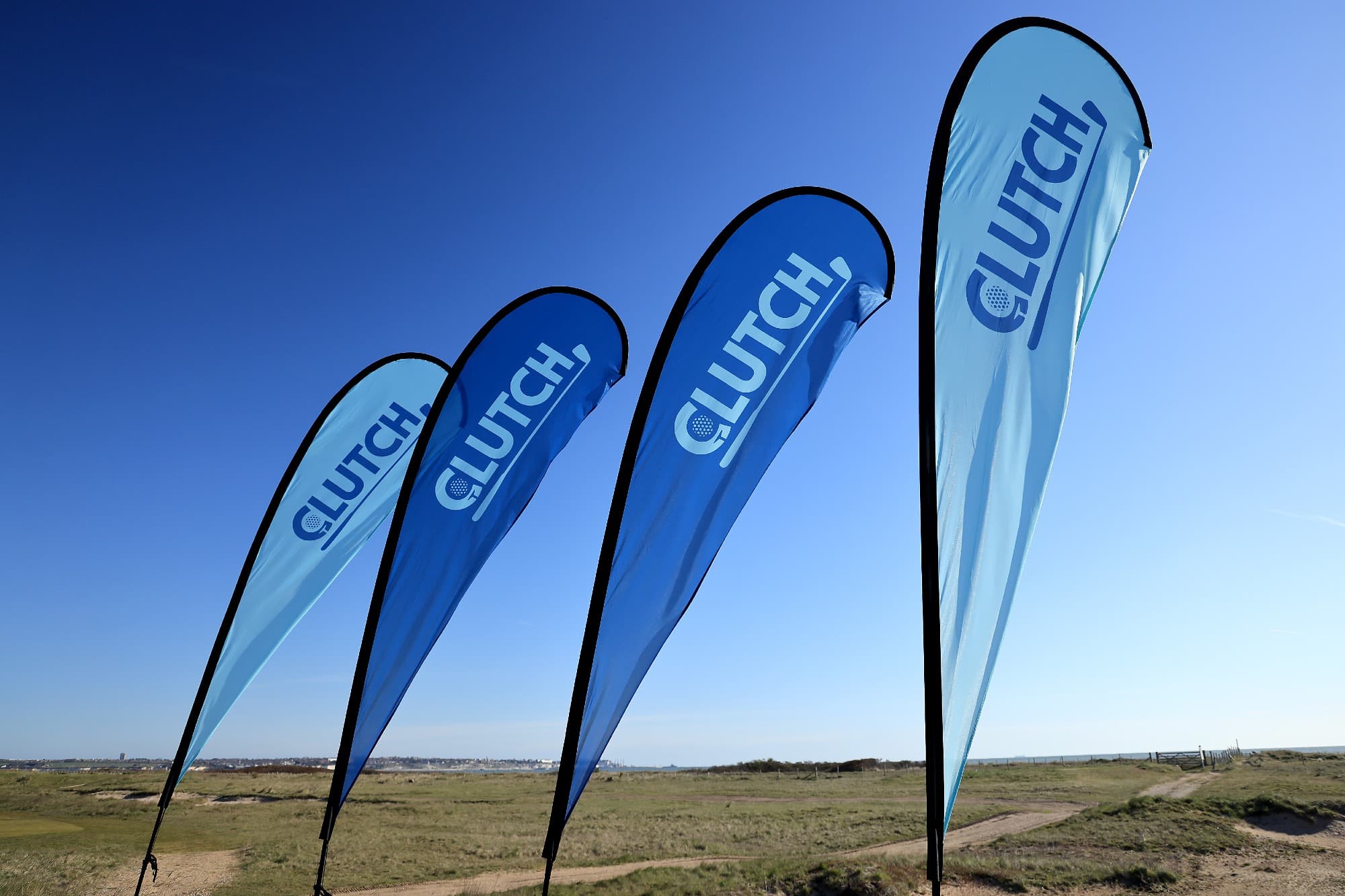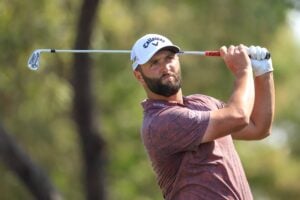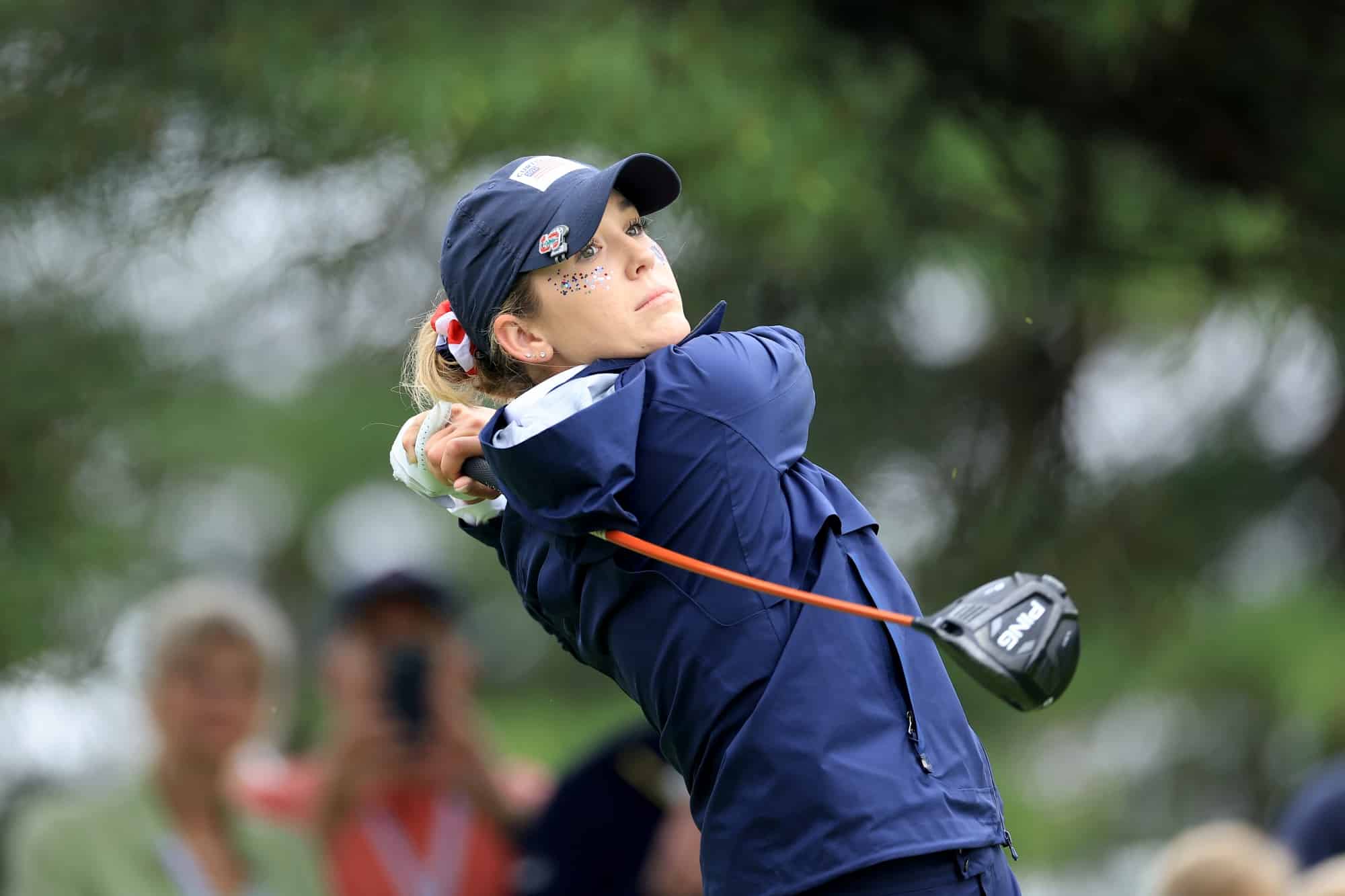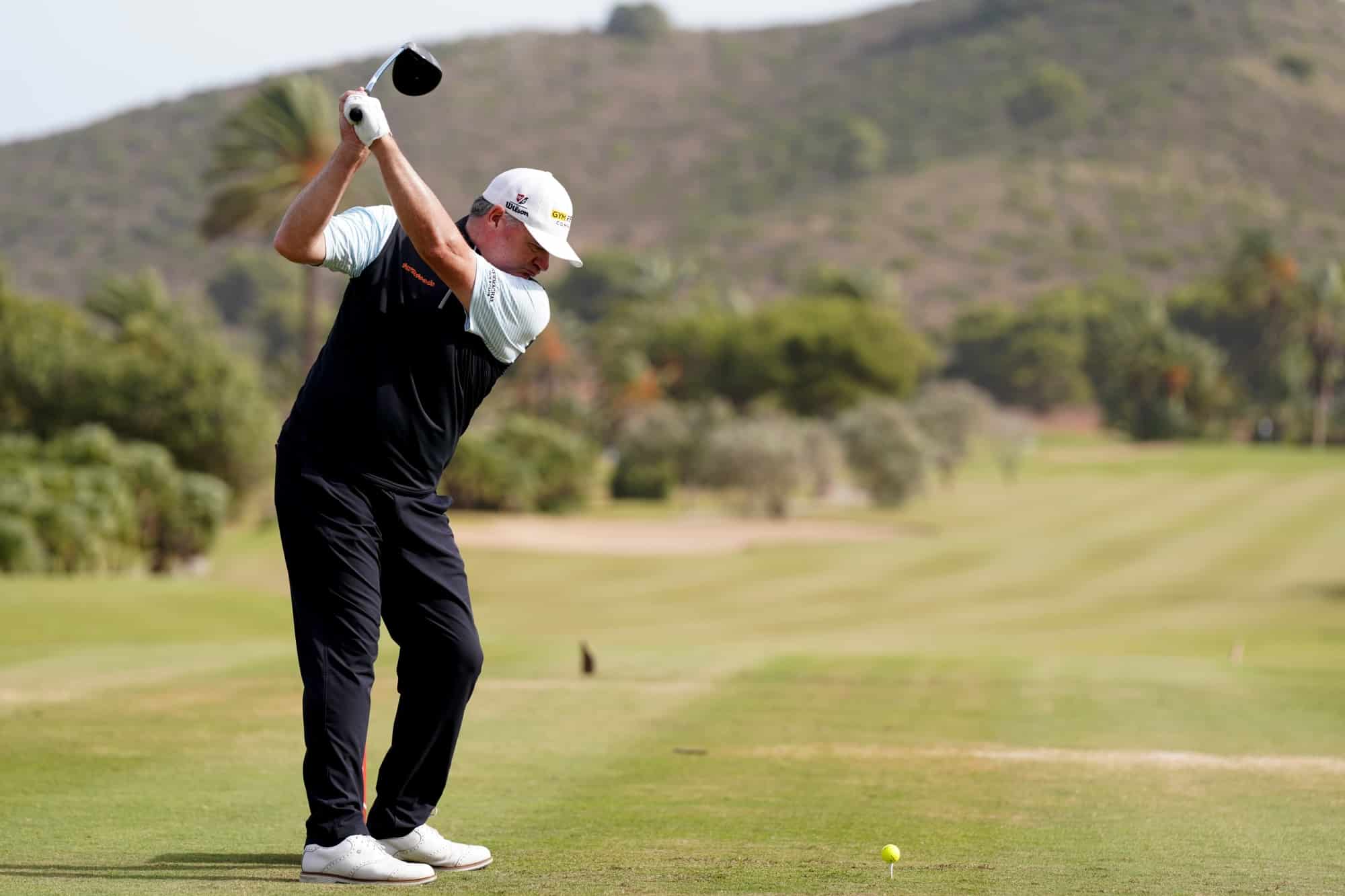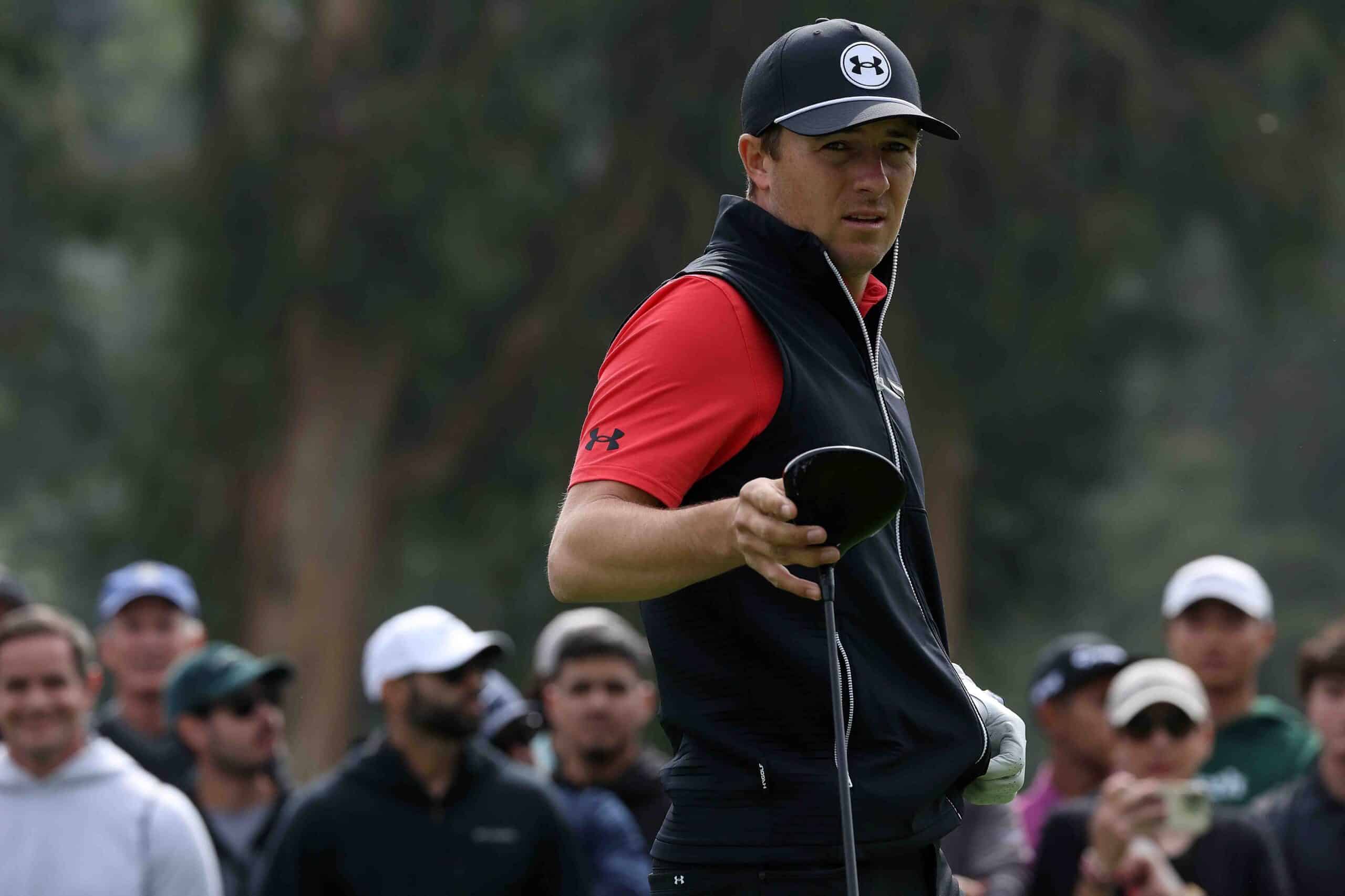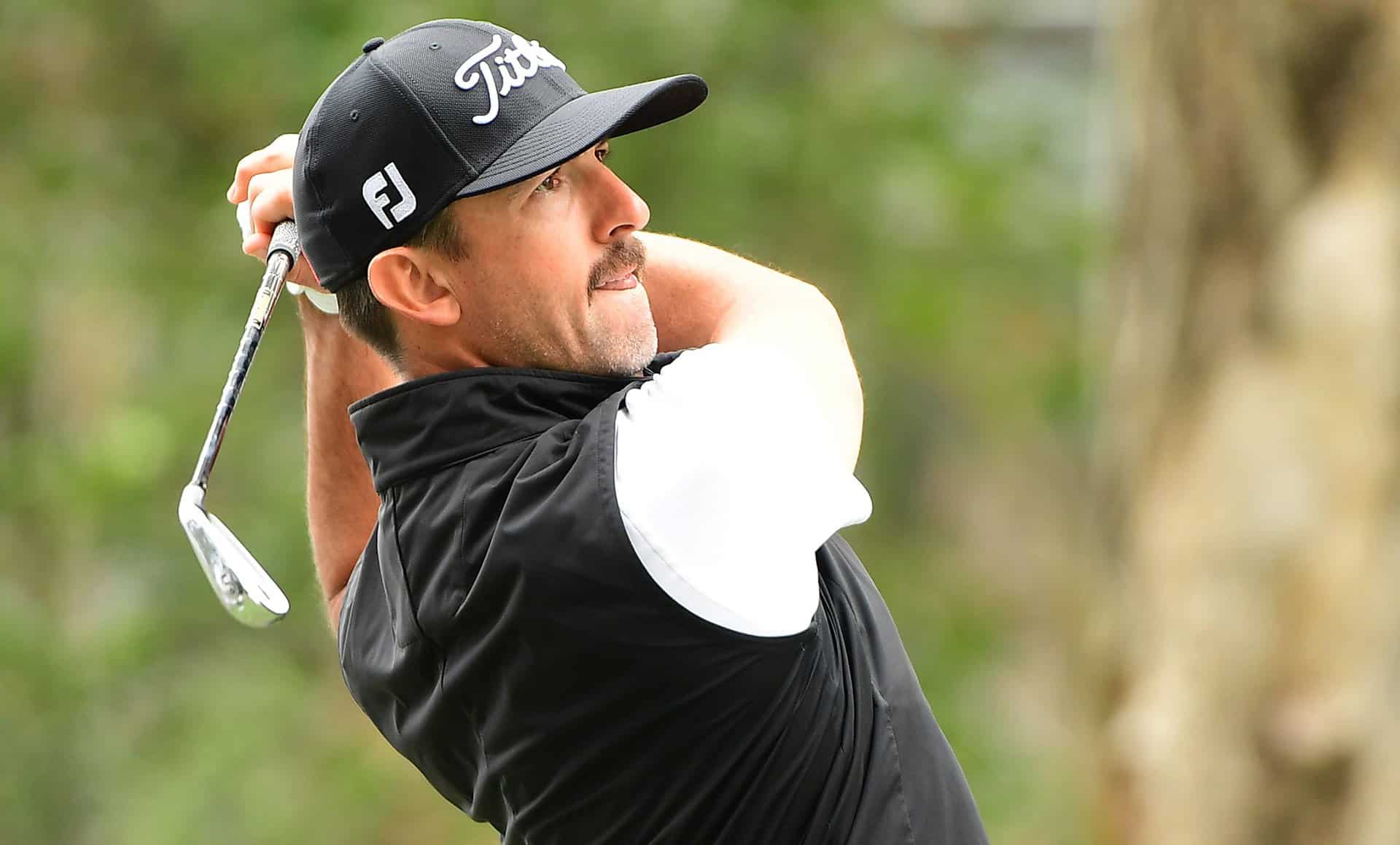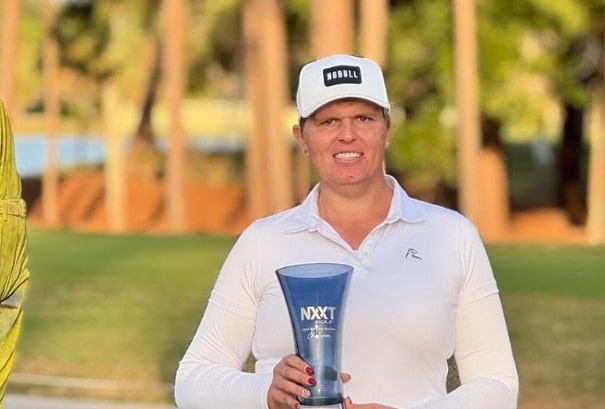
‘It’s not fair on the other females competing’: Should transgender golfers compete in women’s events?
On The NCG Golf Podcast, elite amateur, and NCG equipment editor, Hannah Holden discussed Hailey Davidson’s victory in a professional event and explained why the sport needs to take another path
Becoming the first transwoman to win a female professional golf tournament was bound to stir strong feelings.
Hailey Davidson had experienced it before, when she bid to qualify for the LPGA Tour, but her latest victory in the NXXT Women’s Classic in Florida – a performance that may yet see her move a step closer to achieving her dreams – caused huge controversy.
It’s obviously an emotive topic and it’s important to stress Davidson complied with the policies of the Women’s Pro Tour.
They have since asked her to undergo additional testosterone testing and launched a survey of members saying it is “vital to consider the perspectives of those directly affected by these [gender] policies”.
On the latest episode of The NCG Golf Podcast, we discussed Davidson’s win and equipment editor Hannah Holden, a +2 player who plays in some of the UK’s biggest amateur tournaments, talked through some of the complexities of transgender athletes competing in top level women’s sport.
She argued that physical advantages meant it was not a level playing field for other competitors, but also said provisions needed to be made for transgender golfers to play in a competitive arena.
Hannah explained: “It’s not fair on the other females competing in the event because she has a physiological advantage. Even though she’s transitioned, she was still physically a male before.
“So she’s had X amount of years where she had male advantages in terms of testosterone for developing muscle and, obviously different physical structures.
“Even if she has been through that transition, she’s still going to be advantaged physically compared to the women she’s competing against.
“Now there is a wide difference in terms of the women who are on tour, that she’s competing against, who are all physically different anyway.
“But she has an advantage that no one else in the field can gain unless they took testosterone or did something which is not allowed in the rules. If Lexi Thompson, for example, took steroids or testosterone to try and gain more muscle mass though would be illegal but, in a sense, this individual has that advantage.
“I don’t think it’s fair to say she’s a cheat, or she is at fault, because she’s not. She’s playing within the rules as they are presented currently. It’s not her fault. I do think there needs to be some sort of review – in terms of the wider rules by governing bodies – because if someone has a physical advantage that no one else has that’s not fair.”
Hailey Davidson: “Trans athletes shouldn’t be banned”
After her victory, Ayrshire-born Davidson told Sky News: “I recognise that I did have an unfair advantage a few years ago.
“I’ve been transitioning for nine years. I’ve been on hormones for almost nine years, I had surgery coming up almost on three years.”
Davidson added: “Trans athletes shouldn’t be banned, but at the same time, there needs to be regulations in place because it shouldn’t just be a free for all.”
While acknowledging the effects hormones and gender reassignment surgery can have, Hannah also told The NCG Golf Podcast there are structural differences between men and women playing sport, along with the effects of menstruation, that bring fundamental differences in body shape and mobility.
“Typically, we have wider hip structures that can affect your stability, and there are also differences in tendon structures,” she explained.
“When females hit a certain age and get into puberty, our ligaments actually change structure. They become more flexible, which is to allow the whole process of childbirth to happen. That affects loads of things in terms of mobility. We have much more range of motion in forearms, and wrists, and so on. It even affects things like putting.
“People who have menstrual cycles, it’s been proven if you’re playing during your period, it’s like playing in a 30 to 40 mile per hour wind. That research was done by Shane Lowry’s strength and conditioning coach.”
She added: “You’re basically unstable in that time and so not experiencing that is also an advantage in itself. Generally, women have less speed, less angle of attack, because of wrist strength and hitting into the ground, and it’s going to affect your spin structure.
“That’s why you’ll see women trying to launch a lot high on the LPGA, because they don’t have the ability to spin it as much to stop it on the green. So even if you can spin it 500rpm more, that’s a massive advantage.”
She added: “But you need to provide somewhere [to play]. If you’re saying these people shouldn’t be competing on the LPGA, there needs to be somewhere for them to compete.
“That’s not what we’re providing at all currently. If they want to play competitively, we need to provide somewhere that can happen. It can’t just be, ‘you can’t play here’, and that’s the end of it.”
Listen to The NCG Golf Podcast
Hannah Holden joined Tom Irwin and Steve Carroll to talk through the latest equipment releases, the importance of custom fitting, and what you can buy on a budget.
To listen to the podcast, click the banners on the top and bottom of this article. To listen to the specific episode, you can also click here.
Now have your say
What do you think? Is Hailey Davidson following the rules or does there need to be a different path for transgender golfers? Let us know by leaving a comment on X.
Steve Carroll

A journalist for 25 years, Steve has been immersed in club golf for almost as long. A former club captain, he has passed the Level 3 Rules of Golf exam with distinction having attended the R&A's prestigious Tournament Administrators and Referees Seminar.
Steve has officiated at a host of high-profile tournaments, including Open Regional Qualifying, PGA Fourball Championship, English Men's Senior Amateur, and the North of England Amateur Championship. In 2023, he made his international debut as part of the team that refereed England vs Switzerland U16 girls.
A part of NCG's Top 100s panel, Steve has a particular love of links golf and is frantically trying to restore his single-figure handicap. He currently floats at around 11.
Steve plays at Close House, in Newcastle, and York GC, where he is a member of the club's matches and competitions committee and referees the annual 36-hole scratch York Rose Bowl.
Having studied history at Newcastle University, he became a journalist having passed his NTCJ exams at Darlington College of Technology.
What's in Steve's bag: TaylorMade Stealth 2 driver, 3-wood, and hybrids; TaylorMade Stealth 2 irons; TaylorMade Hi-Toe, Ping ChipR, Sik Putter.


